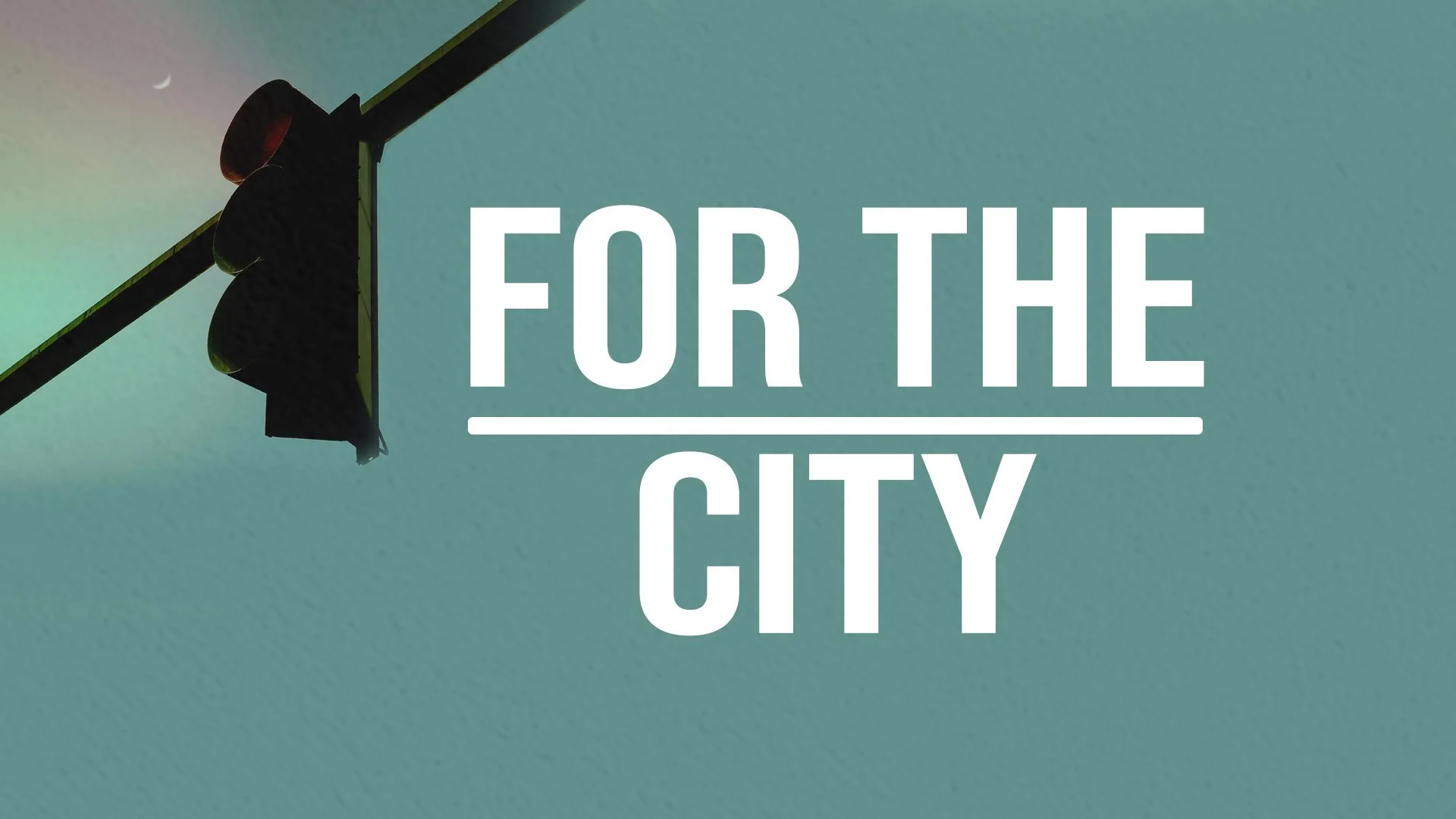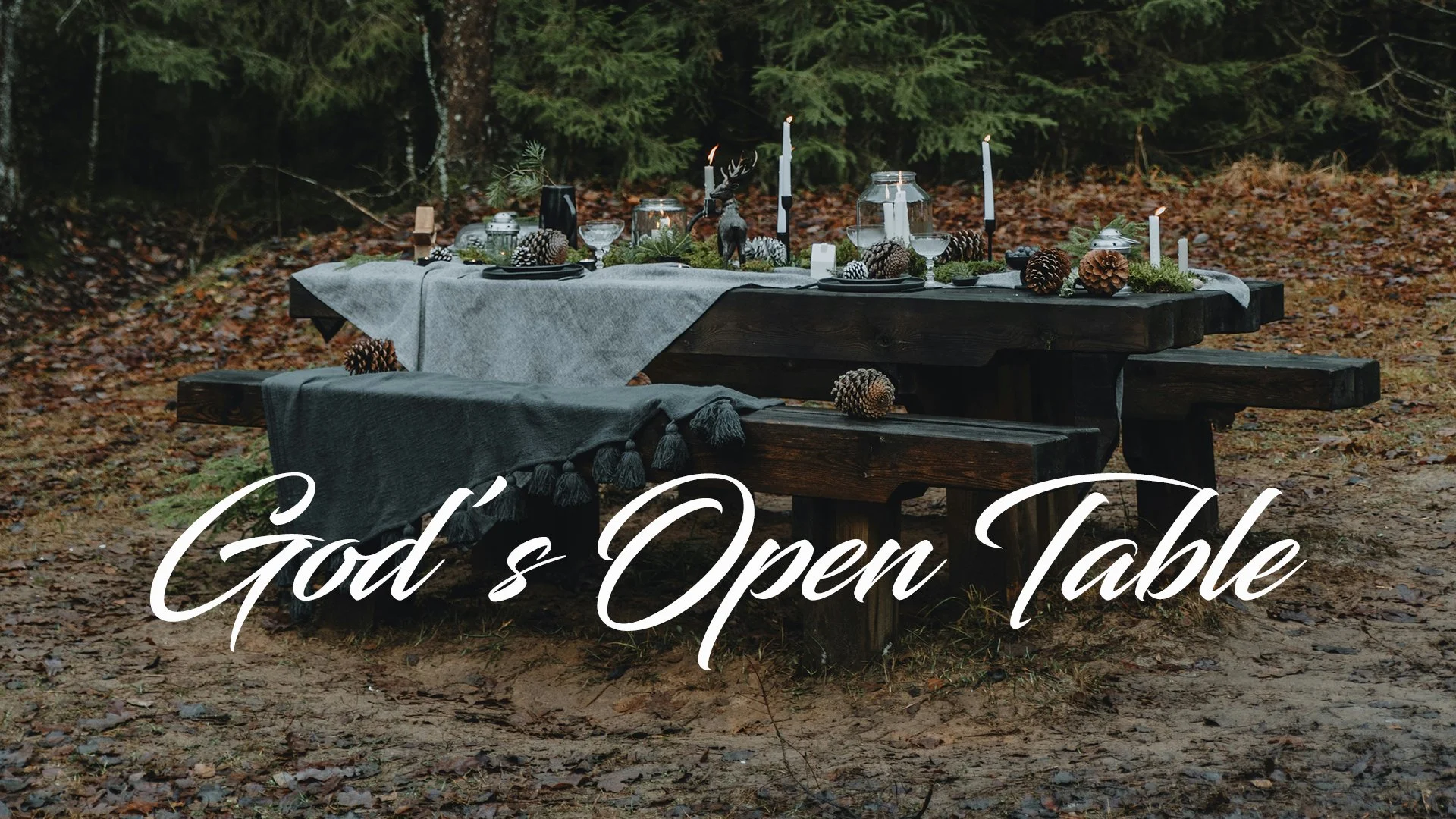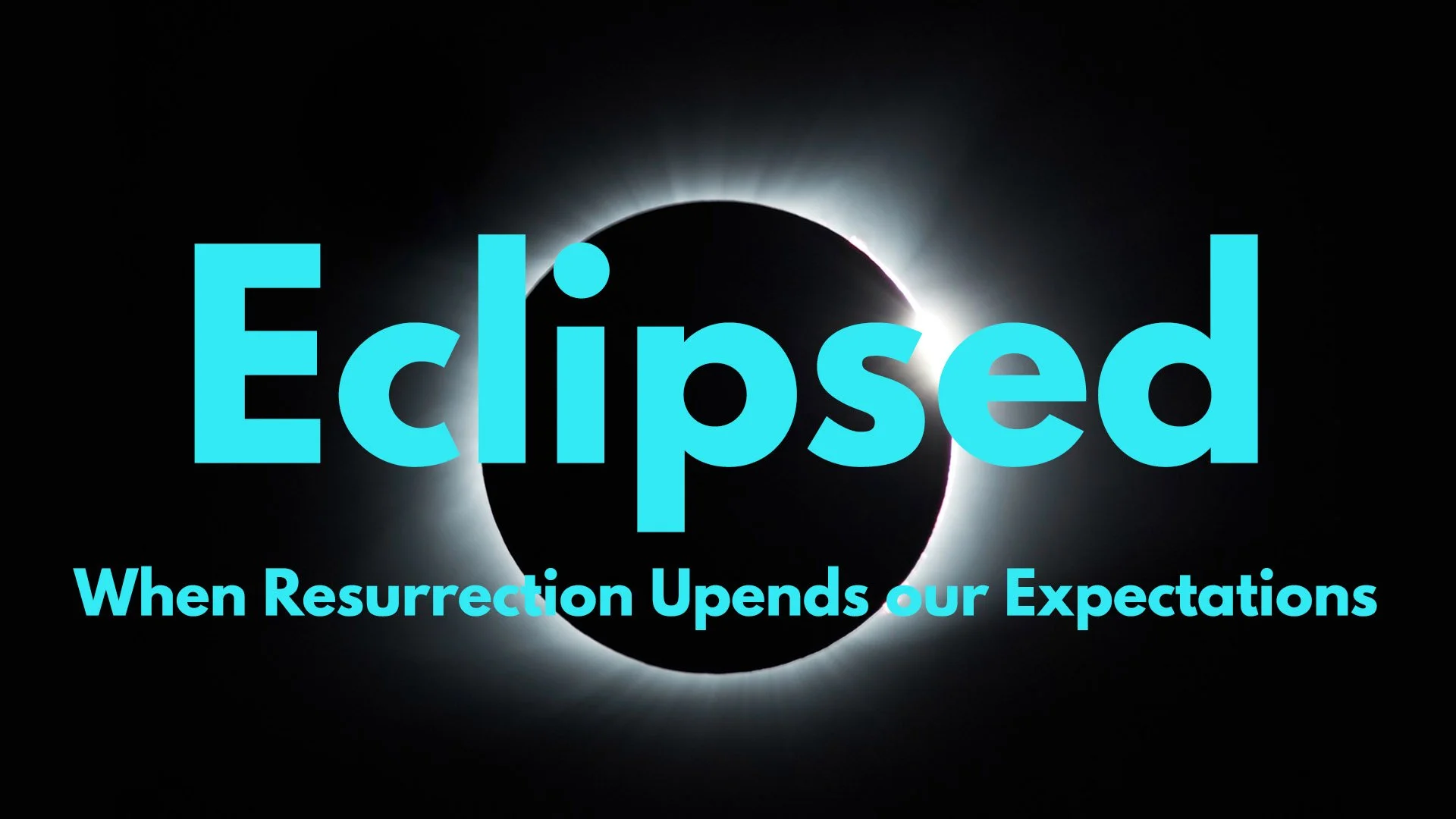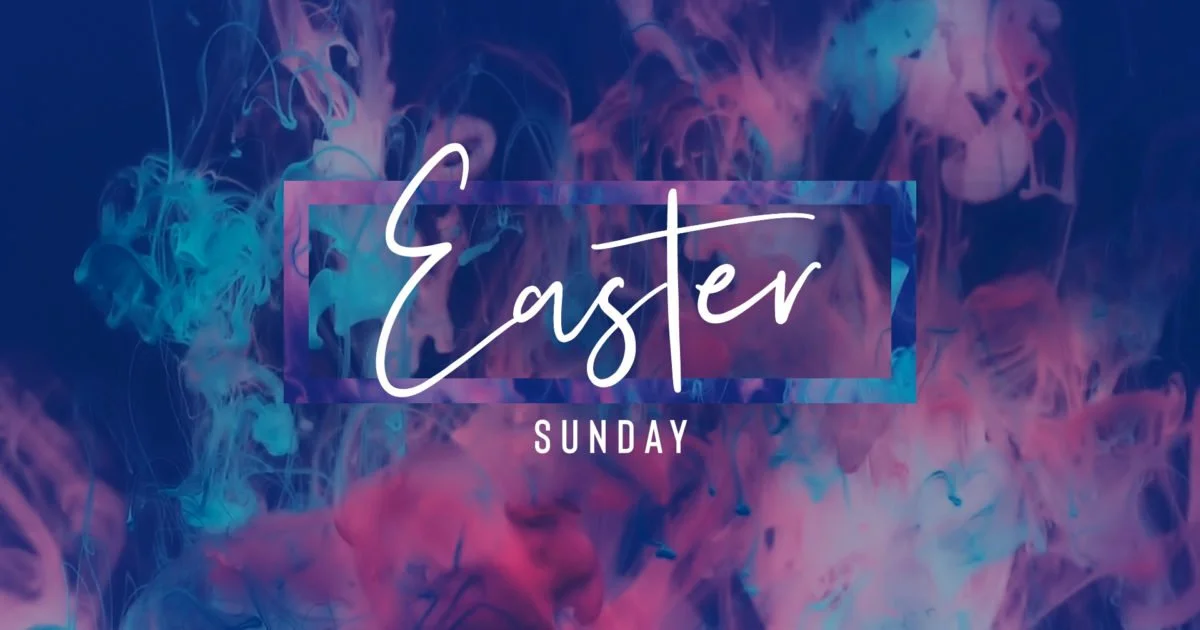Pray for the City
Another way Jeremiah invites us to seek the holistic universal flourishing of our community is to "pray for the city". I don't know about you, but as a person seek to be a good neighbor in a pluralistic world, the idea of praying for someone can give me the heebeegeebees. But there are two liberating secrets in this idea: 1) that our faith is to be lived for the flourishing of our neighbor; and 2) the secret found in the rest of Jeremiah's phrase: "pray to the Lord on *their* *behalf*". We do not pray for our neighbors on behalf of what we want, but on behalf of what they want — their hopes and dreams and gifts. We’re called to first listen to our neighbors so that we can know “their behalf”, and then let our hearts be moved deeply for our city, and for that to call us to reach out to a power greater than us on behalf of our neighbors and neighborhoods. Let our hearts be moved to love. Let our souls be stirred to prayer. And let our hands be called to action.
Plant Gardens
God’s invitation to us is to be "for our city"—to seek the holistic flourishing of our neighbors and communities. Jeremiah explains that that looks like planting gardens and building houses — to dig in and make a home. What does this look like in action? Jesus once shared a parable that helps unpack this idea of digging in—that the kingdom of God is like a mustard seed was sowed and grew to become a tree offering shelter and life to the world. What kind of seeds are we sowing in our cities? Let’s sow seeds that give shelter, support our neighbors, and offer radical love to our world.
Seek the Shalom of the City
We don’t always know exactly what we are supposed to do — where we are, right now. We look ahead to future dreams or back to more certain times. But what about here and now?
The book of Jeremiah describes a critical time in the history of the people of Israel, when they found themselves asking the very same questions. Israel had been conquered by Babylon and many of the people had been carried off to live in exile in a new country and culture and community. Some wanted to go back, some just wanted to blend in, but God had a purpose for them then and there, just as God has for us here and now.
Through the prophet Jeremiah, direction came: Seek the shalom (that is, “universal holistic flourishing”) of the place where you are, “for in its shalom, you will find your own shalom.”
Whether we are starting a new school grade, welcoming a new group of students, or beginning our 50th year in the same neighborhood, this continues to be good direction and God's vision for each of us, wherever we might find ourselves on life journey. Dig in to our community, and seek it flourishing in all the ways we can, and we will find ourselves flourishing as well.
The Essentials: Love Your Neighbor
Jesus starts his explanation of Love in a very practical place: love in action, for others. But those who listened had all the questions we do: who? how far? how long? Jesus answered with a vision of the infinite love of God: everyone, always, as long as it takes. Jesus' parable of the Good Samaritan flips the script and shows a wider vision of love than seems possible. But like the Samaritan, we are invited to let love start right where we are on our journey.
One For the Road
The Gospel of Luke introduces us to two new characters at nearly the end of the story, which is an odd choice, to be sure. Weirder still is the lengthy encounter they have with a stranger on their road back home, and how this stranger changes the course of their journey and ours. We might think we know how the story ends, but resurrection might just surprise us once again.
We’re gonna need a bigger boat!
After the crucifixion and burial of Jesus, many of the disciples got back to their old lives, which for some meant fishing. The disciples in John are shown fishing and pulling up empty nets, until they encounter a “stranger” and… well, the story changes. Let’s talk about what it feels like to “fish with empty nets,” and how resurrection can invite us into a posture of abundance.

















